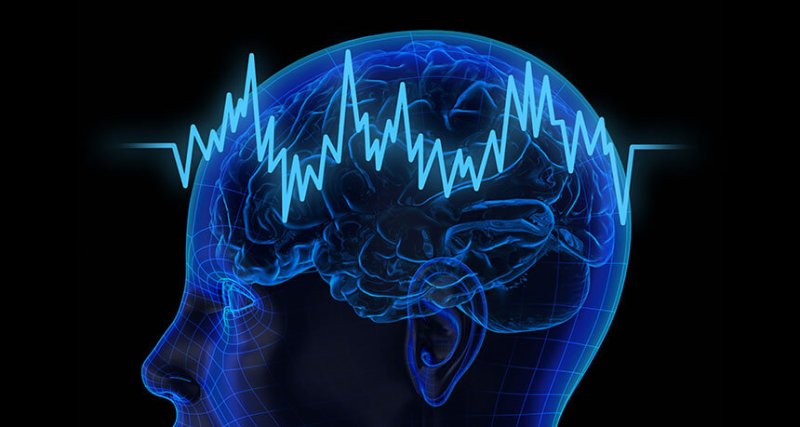Specific patterns of brain activity are thought to underlie specific processes or computations important for various mental faculties, such as memory. One such “brain signal” that has received a lot of attention recently is known as a “sharp wave ripple”—a short, wave-shaped burst of high-frequency oscillations.
…
In a June 14 study in Science, the team showed that prolonging sharp wave ripples in the hippocampus of rats significantly improved their performance in a maze task that taxes working memory—the brain’s “scratch pad” for combining and manipulating information on the fly. “This is a very novel and impactful study,” says [neuroscientist Shantanu] Jadhav, who was not involved in the research. “It’s very hard to do ‘gain-of-function’ studies with physiological processes in such a precise way.”
…
The researchers hope this work eventually may help develop ways to treat the type of memory problems that occur in age-related cognitive decline or Alzheimer’s disease. Learning difficulties might also be addressed. The techniques in the experiments would be tricky to apply to humans because they are invasive and involve genetic manipulation, but Buzsáki says they are working on noninvasive methods.
Read full, original post: Better Memory through Electrical Brain Ripples































